With big data comes bigger opportunities
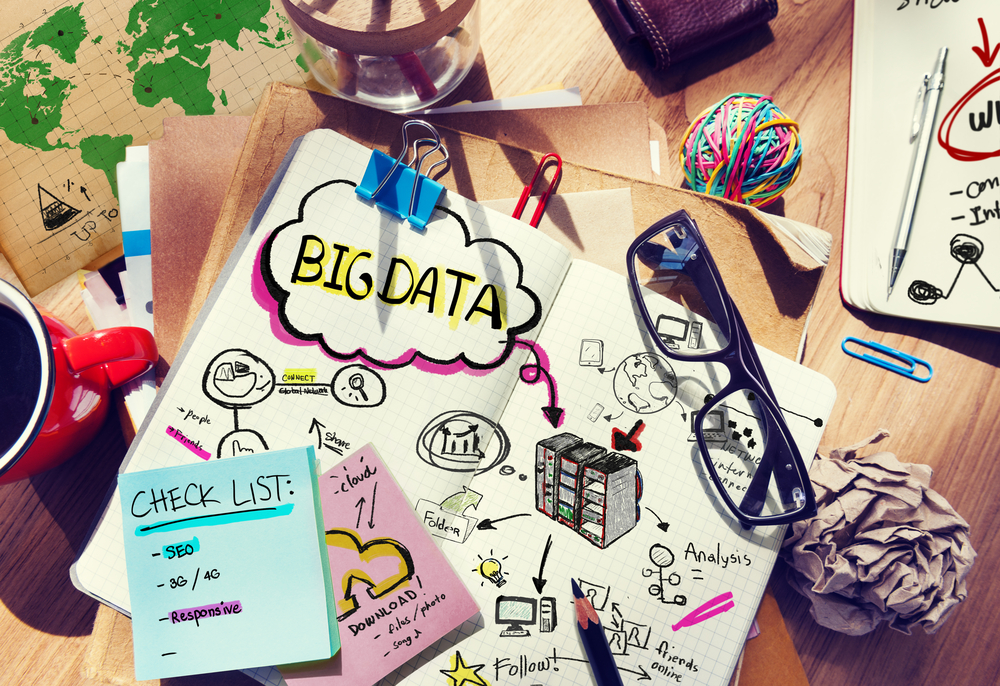
Only a few days after covering an event, I found that Facebook knew all about it. I found people that I actually met for the first time at the event on "People you may know". That's when I remembered one of the key speaker's words to me, "Your smartphone has from 4 to 12 sensors that gather data about you all the way through."
Have you ever thought how Facebook recommends those friends? How your mobile network operator sends you customized offers? How online shopping websites give you a list of items to buy that meets your taste and needs? Or how any of those tries to convey this message to you: "Hey, we found things that you might like"?
The reason for all this is the era of data and how is this data used or what is known as "Big Data" and Data Analytics.

EMC, a global leading information technology corporation, estimates that if we burned the data created per day onto DVDs, then we stack those DVDs one onto another, the stack would stretch from the Earth to the moon AND back. Imagine how hard is it to store and process this amount of data. Big Data is the massive amount of data that cannot be stored or processed using traditional ways.
In other words, it is the result of every digital and social media action we do. Where we leave data behind us. Social networks and online shopping platforms analyze all our data, to provide a tailored experience. Advertising agencies track your clickstream and mouse movement to decide where are the best areas to place an ad.We cannot just store this data as a bulk of unsorted useless information.
Data the world's newest resource: How it works.
Scientists say that data is the world's newest resource counting on how we can make use of it for a better world. Data can be analyzed on 3 levels: extracting facts, putting them in a framework and using algorithms to make a value of data. Humans are the ones who create the facts. Every tweet you post, press on the TV remote control, or online purchase you do results in data.
Decision makers and data engineers look into the framework. London suffered from the cholera epidemic in the 19th century, Death rates reached 12.8% and doctors referred the cause of the spread of the disease to air pollution. Doctor John Snow decided to see data in a different framework. Instead of analyzing when people died or at which age, he looked at where people died and discovered that all deaths cases were near Broad Street, near a contaminated water pump. Part of reaching a solution is putting data in the right framework and creating relevant patterns out of it.
Technology and machines create the algorithms that gather all types and structures of data and analyze them. The data we have could be structured like our credit card payments or unstructured like all the twitter and Facebook posts. Algorithms are used to spot patterns between the huge varieties of data.
An eye on Egypt
According to Mohamed Maher, founder, and CEO of Sadeem, 30% of the online data is gathered from social networks such as likes, comments, videos and hashtags, and 50% of the data comes from sensors that are attached to mobiles, fridges, cars or any smart devices we use. The remaining 20% represents all the data gathered before the social media era.
When asked if Big Data can contribute to solving some of Egypt's main problems, he replied, "In fact, Big Data is the gate to solving any problem. Before solving any problem, you need to ask yourself where you are now, Big Data helps you to add new inputs and see different perspectives in your current position."
Egyptian entrepreneurs started to find a place in the Big Data market recently. Crowd analyzer is a Dubai based startup founded by Egyptians. It is an automated tool for social web analytics and the first to do that in the MENA region. The tool helps companies to monitor their customers or crowd. It is able to analyze Arabic language and detect the feelings behind what is said. Crowd analyzer collects and analyzes Big Data and present it in the form of customer insights. Their clients are able to know why this product failed, or why that campaign boomed.
Big Data can measure anything, it can tell you when your electricity will cut off, or where car accidents mostly happen. Compiling the available data and seeing new patterns of solutions could be our ticket to global competition. And we cannot forget to thank Big Data for enabling "Google Maps" to launch Google Traffic. For those who hate driving in congested traffic, Google traffic gives you an estimated time of arrival and a color-coded way for your route, green means you're good and red indicates a rush hour.
How can Big Data fuel innovation in the coming years? And how can we use it to solve society problems such as water shortage, education or traffic problems?









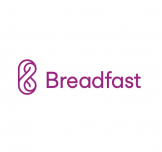









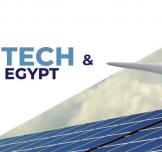
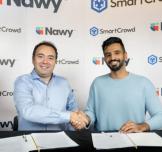
































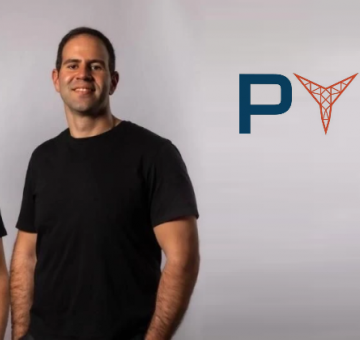

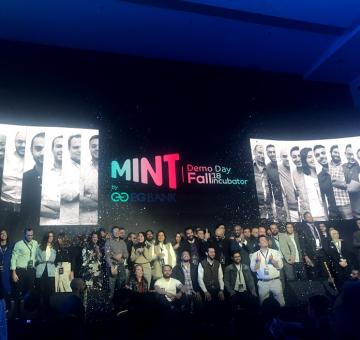





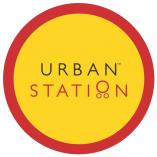


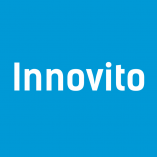
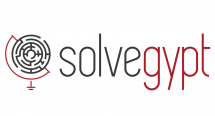


EgyptInnovate site is not responsible for the content of the comments